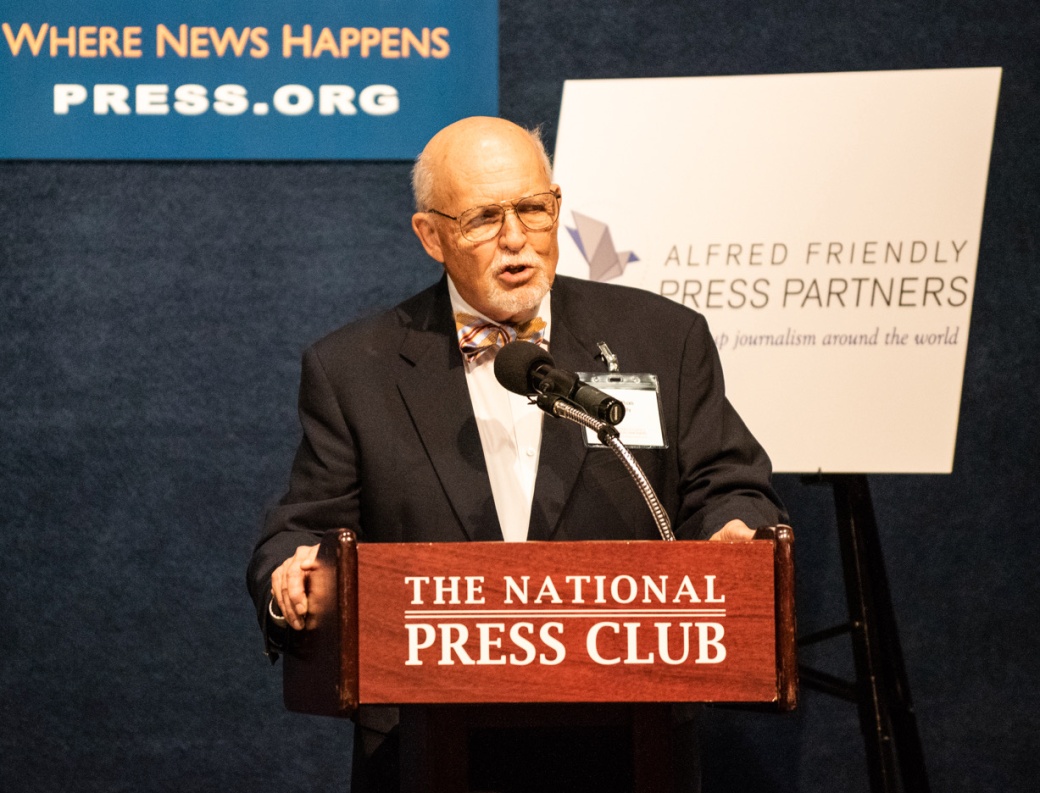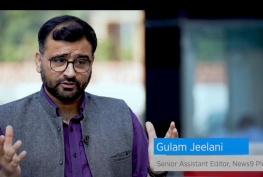
Chairman Jonathan Friendly oversaw the last program hiatus during the 20th anniversary year
Alfred Friendly Press Partners is taking a yearlong hiatus to reevaluate its international journalism fellowship program and plan for its 40th anniversary in spring 2024.
The nonprofit organization provides young journalists, primarily from developing countries, with hands-on training from experts at the Missouri School of Journalism and months of real-world experience working on the staffs of innovative U.S. newsrooms.
The rise of authoritarian states, state capture of media, the growth of misinformation and disinformation, increasing attacks on journalists and pressures on financial sustainability are all existential threats to a free press. The pandemic accelerated news media restructuring, and the use of generative artificial intelligence adds to the industry’s uncertain future.
Journalism philanthropy is also going through a transition that affects independent nonprofits like Alfred Friendly that get no direct government support and depend on donations and grants to operate.
The Alfred Friendly Foundation wants to ensure the training program adapts to the new conditions and meets its mission to uplift journalism around the world.
Alfred Friendly Press Partners took a similar break two decades ago when foundation Chairman Jonathan Friendly and Director Susan Albrecht traveled around the world to meet with past Fellows and study how needs of the developing world’s newsrooms had changed since the program’s inception.
In 2004, they visited 50 alumni, potential applicants and newsroom executives in Beijing, Guangzhou, Hong Kong, Istanbul, Johannesburg, Lagos and New Delhi. They returned convinced of the need for a new program model — one that relies on long-term relationships with the international home newsrooms and one that recognizes how American newsrooms have changed with falling revenues and the addition of new digital media outlets.
Today, the impact of the pandemic lingers as newsrooms continue to limit office operations and reporters and editors work remotely much of the time.
In addition, fellowship applicants increasingly want training beyond basic journalism.
They often want to learn about new revenue models for media, cross-border collaborations, investigative reporting and skills in areas like business, health, climate and conflict resolution.
In a recent survey, alumni and supporters affirmed that the combination of top-caliber hands-on training and lengthy in-person newsroom experience with mentorship is what sets the Alfred Friendly fellowship program apart from any other program in the world.
But some suggested that the program should do more to take advantage of positive trends in journalism today, including:
- the rise in nonprofit news media outlets that focus on investigative reporting;
- the increase in big data leaks and whistleblowing;
- the expansion of cross-border collaborative journalism with radical sharing, set in motion by the Panama Papers project run by a former Alfred Friendly fellow;
- ubiquitous video conferencing, which allows the program to pivot to online programming when necessary.
Alfred Friendly will continue to seek advice from supporters and welcomes input from anyone who shares our mission to improve the quality of journalism worldwide.





